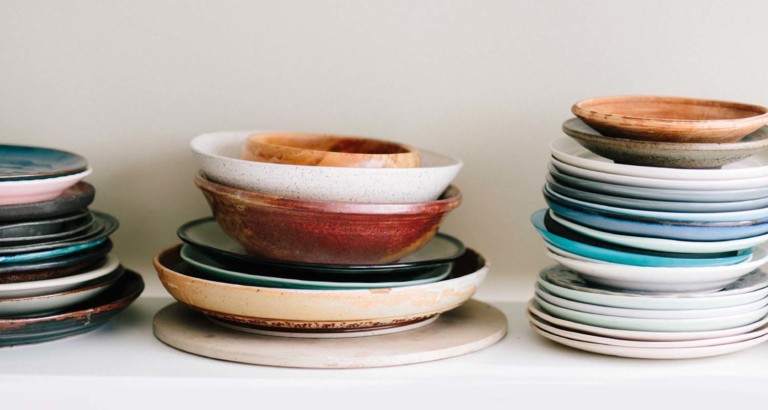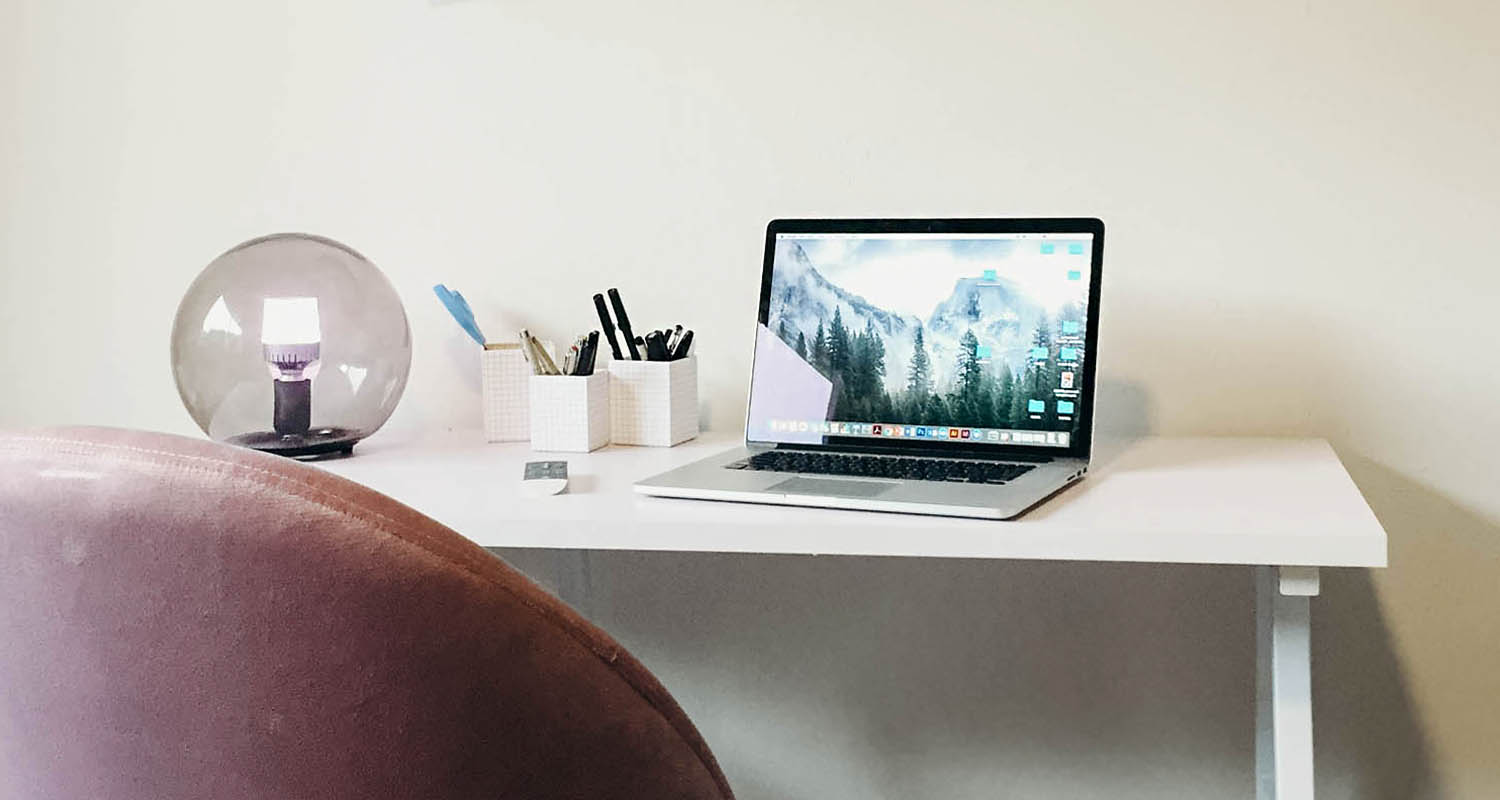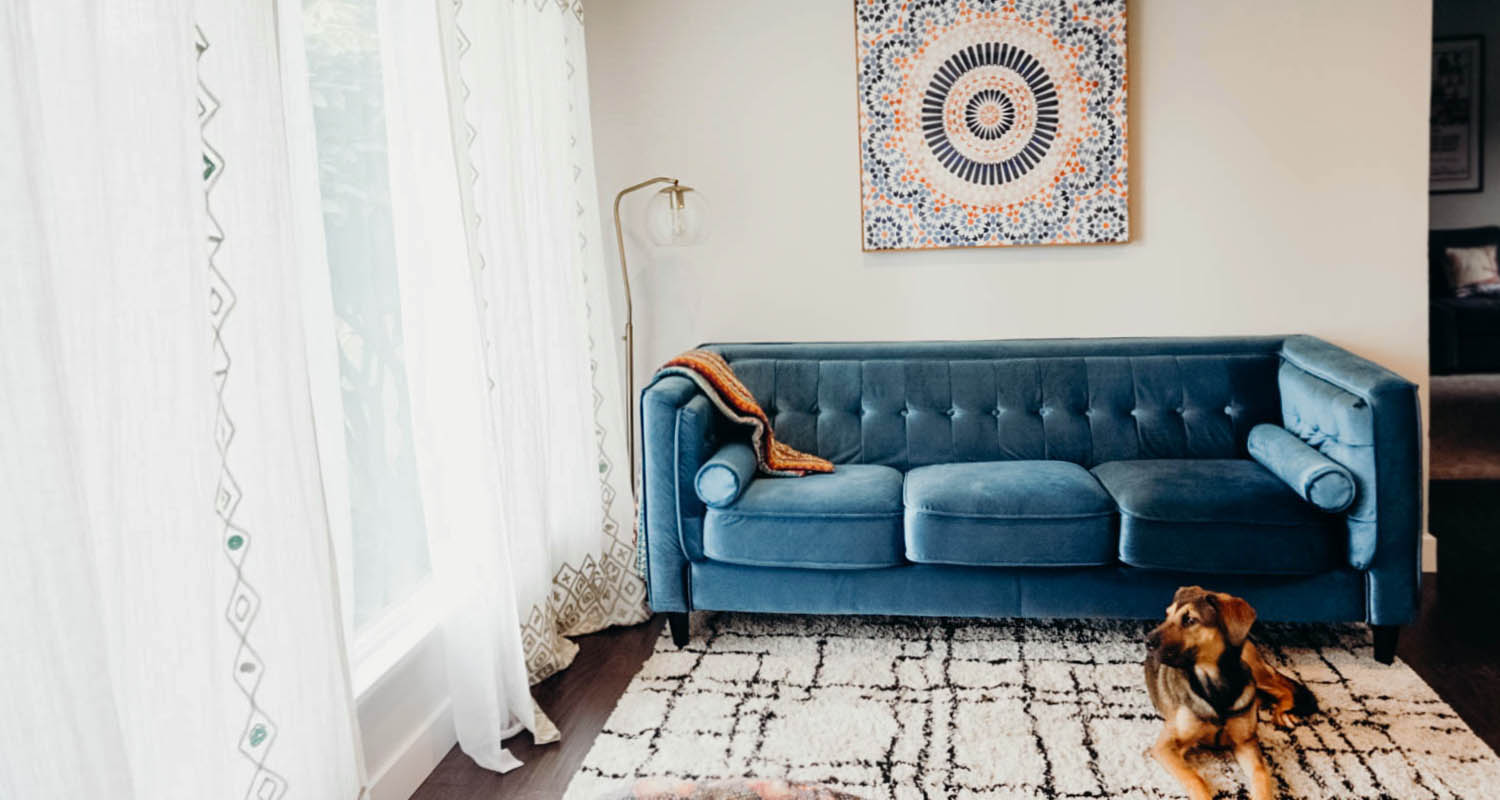
- The benefits of decluttering go way beyond making your home look like a Pinterest board. Studies link organized homes to less stressed, happier and healthier people.
- Clutter in the workspace also makes it more difficult to focus on a task without feeling distracted.
- Clutter is actually a pile of decisions that haven’t been made. If you pick something up, make a decision then and there about it, and either put it where it belongs or discard it.
- Hiding clutter is not the same as tackling it. Instead of packing away unused objects, donate them.
- While you’re at it, declutter your calendar too. Trying to do to much can feel just as draining as trying to have too many things
If you’re feeling overwhelmed by the thought of decluttering, consider this: the average American home has 300,000 items.[ref url=”http://articles.latimes.com/2014/mar/21/health/la-he-keeping-stuff-20140322″] Society that tells you to buy the newest products to make your teeth whiter, your laundry fresher, and your phone faster, but all these things have to go somewhere.
Those piles of clutter aren’t only in your way, they’re weighing on your mind. They represent chores to do, goals to meet, and decisions to make. They take up space in your home and your day, without moving you towards your most productive, happy life.
A change of seasons is a great time to evaluate your clutter and learn how to declutter effectively. FInd out why your stuff might be impacting your stress, plus get decluttering tips from the experts to start reclaiming your space.
Organizing boosts your health

Stress is kryptonite to a Bulletproof lifestyle, but it’s not the only way clutter connects to your well-being. Researchers from Indiana University compared the tidiness of participants’ homes to their physical activity and overall health. More than any other factor they compared, the healthiest and most active participants were those who kept their living spaces clean.[ref url=”http://newsinfo.iu.edu/web/page/normal/14627.html”] Keeping on top of clutter also means there are fewer places for dust and mold spores to hide in your home.
In another study on clutter, people working in a clean environment were more likely to choose an apple over a chocolate bar at snack time.[ref url=”http://journals.sagepub.com/doi/abs/10.1177/0956797613480186″] This is likely because clutter activates stress, which can lead you to reach for that sugar fix. In 2011, a study at the Princeton Neuroscience Institute found that having clutter in sight can make it more difficult to focus on a task without feeling distracted. Basically, the more visual stimuli your brain has to take in, the more you stress your brain and limit your processing power.[ref url=”http://www.jneurosci.org/content/31/2/587″]
Related: 5 Hacks for Extraordinary Productivity
What is clutter (and how to get rid of it)?

According to Helen Sanderson, declutter expert and creator of The Home Declutter Kit, “Clutter is actually a pile of decisions that haven’t been made.” The piles on your countertop are made of things ‘you’ll do tomorrow,’ or projects set aside for that elusive ‘someday.’
How to declutter 101
Why are these decisions so hard to make? Maybe you feel guilty for wasting money, or tossing objects connected to old goals (like those expensive shoes you bought when you thought you were going to start rock climbing). Maybe you get caught up in the cycle of “I might need this later,” or “this could be worth something.” Or maybe you’re just feeling overwhelmed by a pile of crap.
At the end of the day, only you can decide what objects, tasks and routines are meaningful to you, and which are just clutter. Try these five tips to inspire your productivity and mindset, and learn how to declutter your life.
“As we get clear on what we *don’t* want in our lives, we simultaneously gain clarity on what we do want. This often carries over into other areas of our lives besides our physical environments. We energetically free up space for new experiences, new relationships, new career opportunities and new goals.” – Angela Betancourt, Owner, Simplicity Coach & Professional Home Organizer
Impose the one-touch rule

As an example, Nestadt recommends tossing junk as soon as you pick up the mail, instead of dropping everything into a pile to sort later. The same goes for your email: if a cluttered inbox is a source of stress, go through once a day to clear out any new junk.
Be proactive about decluttering
Clutter can’t happen if you don’t let it in. Think twice before bringing something new into your home/office/wardrobe/life. Angela Betancourt, the professional home organizer behind Simplify Home Organizing, recommends fighting impulse purchases by asking yourself three questions: “Where will I store this?”, “How long will I have it?” and ” How will I dispose of it?” Answering these can help you decide if a new object will really add value to your life, or become clutter.
If you crave that shopper’s high and know you’re prone to impulse buying, Sanderson suggests taking a month-long vacation from shopping. Instead of heading for the sale rack, go for a walk or meet a friend for lunch, and focus on using what you already own. Reward yourself with experiences rather than things.
You can also unsubscribe from sale emails and unfollow your favorite stores on social media: If you declutter your newsfeed, you’ll be less likely to find yourself tempted by deals on things you don’t need.
If you really want to declutter, don’t box it up
Out of sight, still in mind. Getting organized might sound like a trip to The Container Store, but hiding clutter is not the same as tackling it. In fact, pulling everything out of a shelf at once can simplify your decision-making process by letting you clearly see what you have.
Chances are, if something’s been packed away in a box, you haven’t missed it. If you haven’t used something in the last year or more, it’s in the “suspect zone,” and you’ll probably survive just fine without it. Give it a new life outside of the box by donating to a local charity or thrift store.
Interrogate your clutter
When going through clutter, dig deeper than asking if you like an object, and ask instead why it deserves to take up space in your home. People often associate objects with old accomplishments, goals, identities, or relationships, which can make it seem harder to say goodbye. Betancourt reminds her clients that they can still cherish the memories without the things they’re attached to.
Give yourself permission to recognize when an object no longer adds value to your life. Do you keep that hideous vase because it was a wedding gift? Will you wear that sweater that makes you itch? Are you really going to learn how to play that guitar? Allow yourself to be a little ruthless, but also remember that freeing yourself from clutter is a form of self-care.
How to declutter your calendar

Sanderson cautions that trying to do to much can feel just as draining as trying to have too much. If nixing tasks doesn’t feel like an option, she recommends committing to finish one or two significant tasks at a time, rather than chipping away at 50 little projects.
“Think of saying ‘no’ to something as saying ‘yes’ to yourself,” says Betancourt. “We often overcommit ourselves and wind up not being fully present and enjoying activities and hobbies because we’re already mentally moving on to the next thing. Leaving breathing room in your schedule allows you to slow down and enjoy life more.”
Up Next:
Minimalism: How to Live a Richer Life With Less










